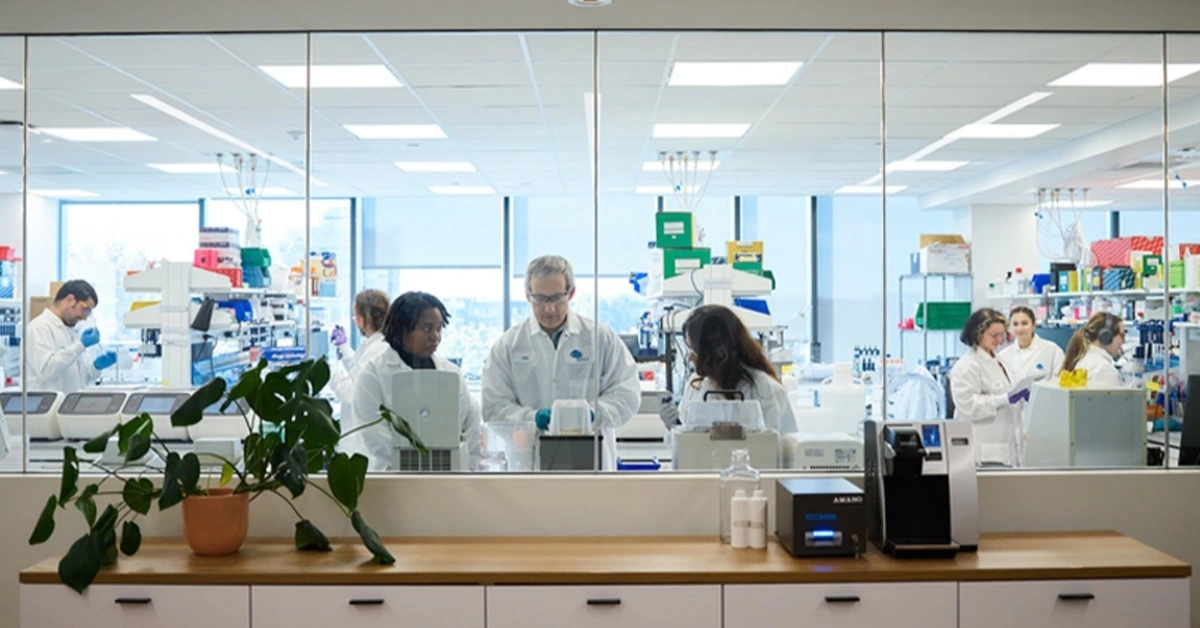
USA – The FDA has granted orphan drug designation (ODD) and rare pediatric disease designation (RPDD) to Arbor Biotechnologies for its gene-editing therapy, ABO-101, designed to treat primary hyperoxaluria type 1 (PH1).
These designations provide several benefits to the company, including tax credits, exemptions from regulatory fees, market exclusivity, and the opportunity to receive a pediatric priority review voucher upon approval of the therapy.
This recognition follows the FDA’s approval of Arbor’s investigational new drug (IND) application for ABO-101 in December 2024.
The company is now gearing up to launch its Phase I/II clinical trial, known as the redePHine study, in the first half of 2025.
This trial will evaluate the therapy’s safety, tolerability, pharmacokinetics, pharmacodynamics, and preliminary effectiveness in both adult and pediatric patients.
Explaining the significance of the FDA designations, Dan Ory, Arbor’s Chief Medical Officer, stated, “ABO-101 receiving rare pediatric disease and orphan drug designations from the FDA for the potential treatment of PH1 underscores the urgent need for novel treatment options.
As Arbor advances ABO-101 into the clinic with the initiation of the redePHine Phase I/II clinical study, these designations reinforce the potential of ABO-101 to deliver lasting disease modification as a first-in-class gene editing therapy for PH1.”
ABO-101 is a groundbreaking liver-directed gene editing therapy designed to permanently disable the hydroxyacid oxidase 1 (HAO1) gene in the liver.
By doing so, it significantly reduces the production of oxalate, a substance linked to PH1. The therapy uses lipid nanoparticles (LNPs), licensed from Acuitas Therapeutics, to deliver mRNA that produces a novel Type V CRISPR Cas12i2 nuclease, paired with an optimized guide RNA targeting the HAO1 gene.
Primary hyperoxaluria type 1 is a rare and severe condition, often diagnosed in children, where excessive oxalate production causes kidney stones and can ultimately lead to kidney failure.
XRP HEALTHCARE L.L.C | License Number: 2312867.01 | Dubai | © Copyright 2025 | All Rights Reserved